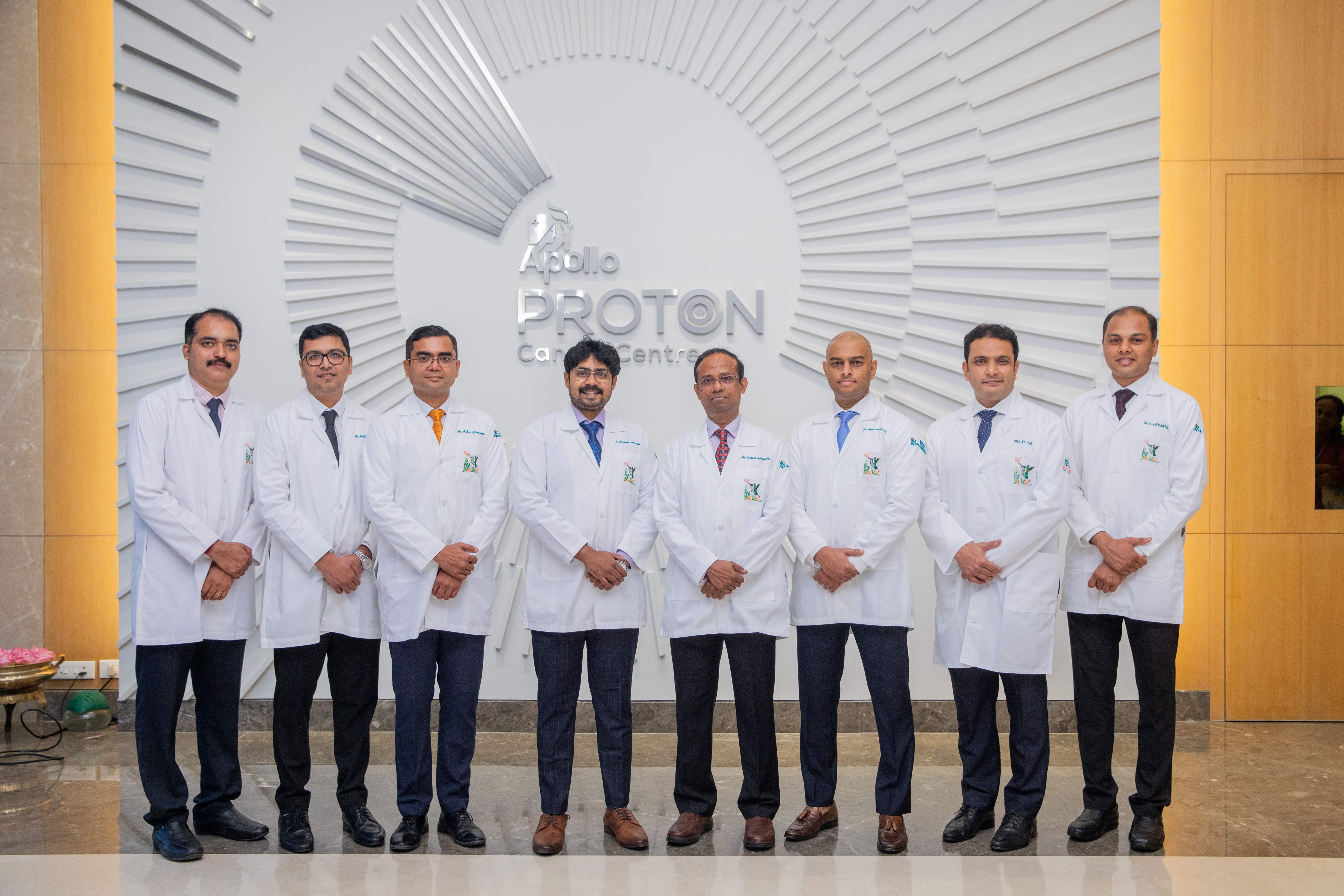Cancer is an uncontrolled overgrowth of cells. The bile ducts or biliary tree is a series of channels that carry bile produced by the liver cells (hepatocytes) from the liver cells till the ampulla where it empties into the small intestine. This includes the bile ducts, the right and left hepatic duct which converges to form the main hepatic duct, the gall bladder, the cystic duct and the common bile duct. Any cancerous growth that arises from the cells of the bile ducts is called bile duct cancer. It is a relatively rare cancer that occurs mostly in people older than 50.
Overview
- What is bile duct cancer?
-
- What are cholangiocarcinomas?
-
Cholangiocarcinomas are bile duct cancers that arise from either the portion of the bile ducts within the liver (intrahepatic) or outside the liver (extrahepatic). Cancers of the gall bladder are generally considered separately as gall bladder cancers.
- What are the different types of cholangiocarcinomas?
-
Cholangiocarcinomas are classified according to the location of the tumour within respect to the liver, into:
- Intrahepatic cholangiocarcinoma - which occurs in the parts of the bile ducts within the liver and is sometimes classified as a type of liver cancer.
- Hilar cholangiocarcinoma occurs in the bile ducts just outside of the liver. This type is also called perihilar cholangiocarcinoma.
- Distal cholangiocarcinoma occurs in the portion of the bile duct nearest the small intestine.
- How do you get bile duct cancer?
-
Bile duct cancers are usually caused when cells in the bile ducts develop mutations/ changes in their DNA that cause them to multiply uncontrollably and eventually form a mass that is called cancer.
- Who is at high risk of developing bile duct cancer?
-
Factors that may increase your risk of cholangiocarcinoma include:
- Primary sclerosing cholangitis: This disease causes hardening and scarring of the bile ducts.
- Chronic liver disease: Scarring of the liver caused by a history of chronic liver disease increases the risk of cholangiocarcinoma.
- Bile duct problems present at birth: People born with a choledochal cyst, which causes dilated and irregular bile ducts, have an increased risk of cholangiocarcinoma.
- Liver fluke infection: Cholangiocarcinoma is associated with liver fluke infection, which can occur from eating raw or undercooked fish
- Older age: Cholangiocarcinoma occurs most often in adults over age 50.
- Smoking: Smoking is associated with an increased risk of cholangiocarcinoma.
Prevention
There's no sure shot way to prevent bile duct cancer. But you may reduce your risk of the disease if you:
- Stop smoking. Smoking is linked to an increased risk of bile duct cancer. If you smoke, stop. If you've tried quitting in the past and haven't been successful, talk with your doctor about strategies to help you quit.
- Reduce your risk of liver disease. Chronic liver disease is associated with an increased risk of bile duct cancer. Some causes of liver disease can't be prevented, but others can. Do what you can to take care of your liver.
For instance, to reduce your risk of liver inflammation (cirrhosis), stop drinking alcohol. Maintain a healthy weight. When working with chemicals, follow the safety instructions on the container.







.jpg)


